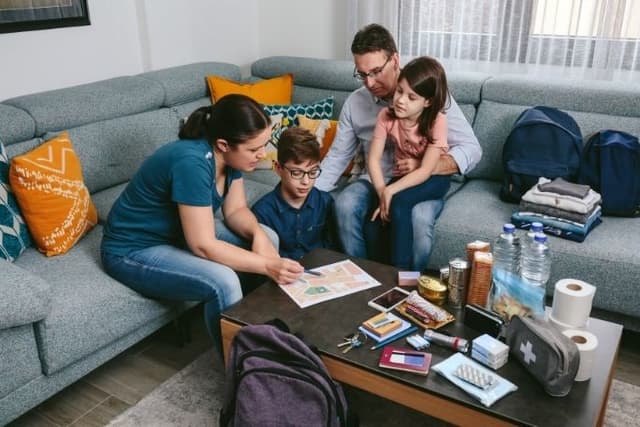
Resilient Australia - Design A Hazard Safety Kit
Lesson2 of 5 in this unit
SecondaryYear 7 - 8TechnologyDesign and TechnologiesEnvironmentalDisaster resilienceEconomicDesign ThinkingTechnology
Summary
Lesson Guides and Printables
Lesson Plan

Student Worksheet

Teacher Content Info
